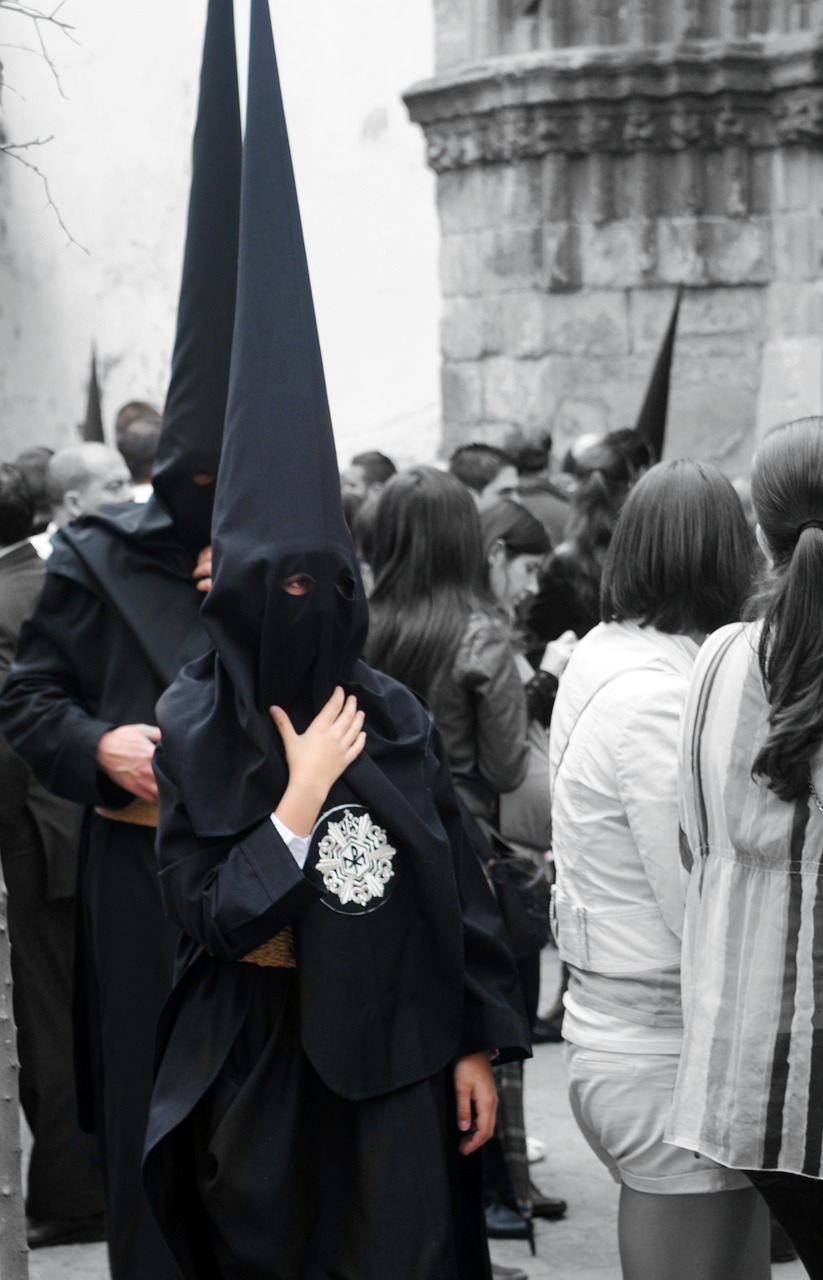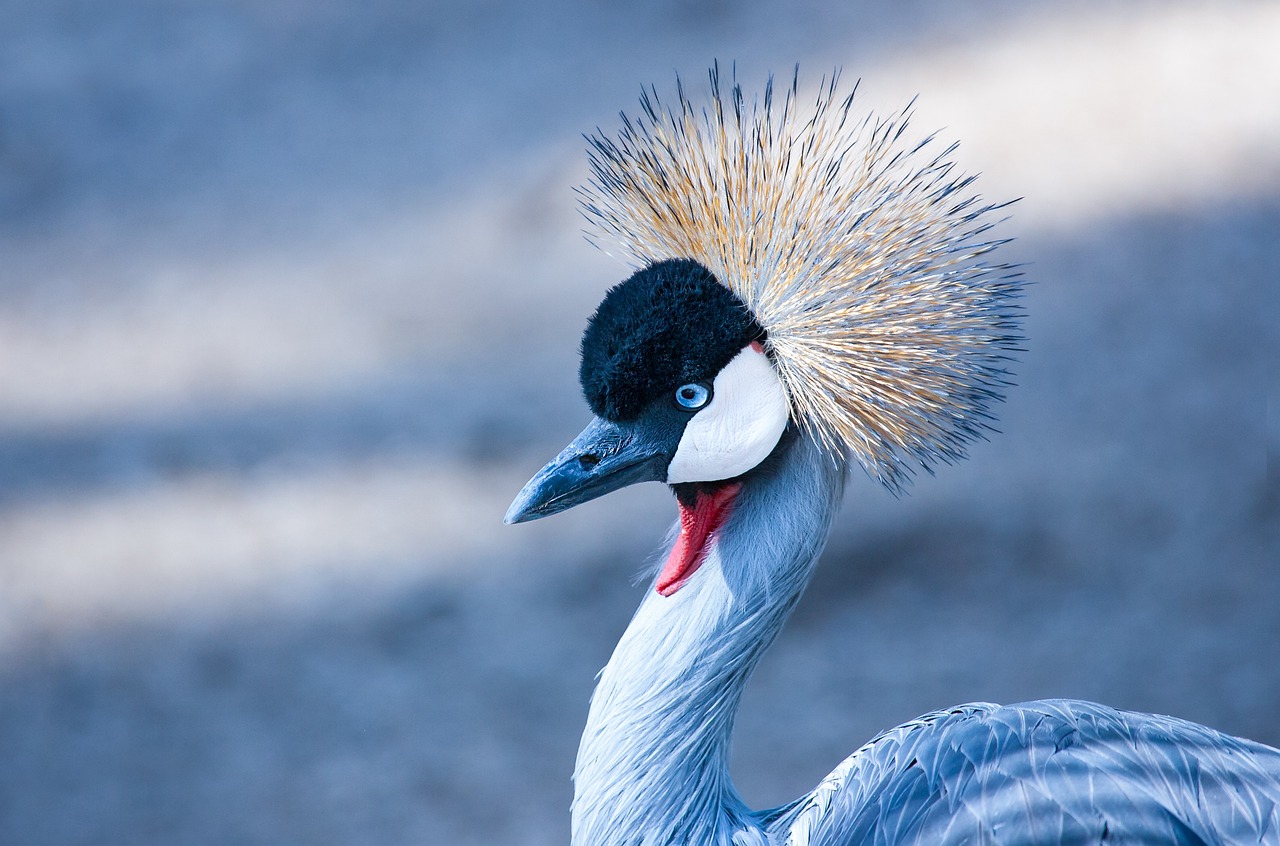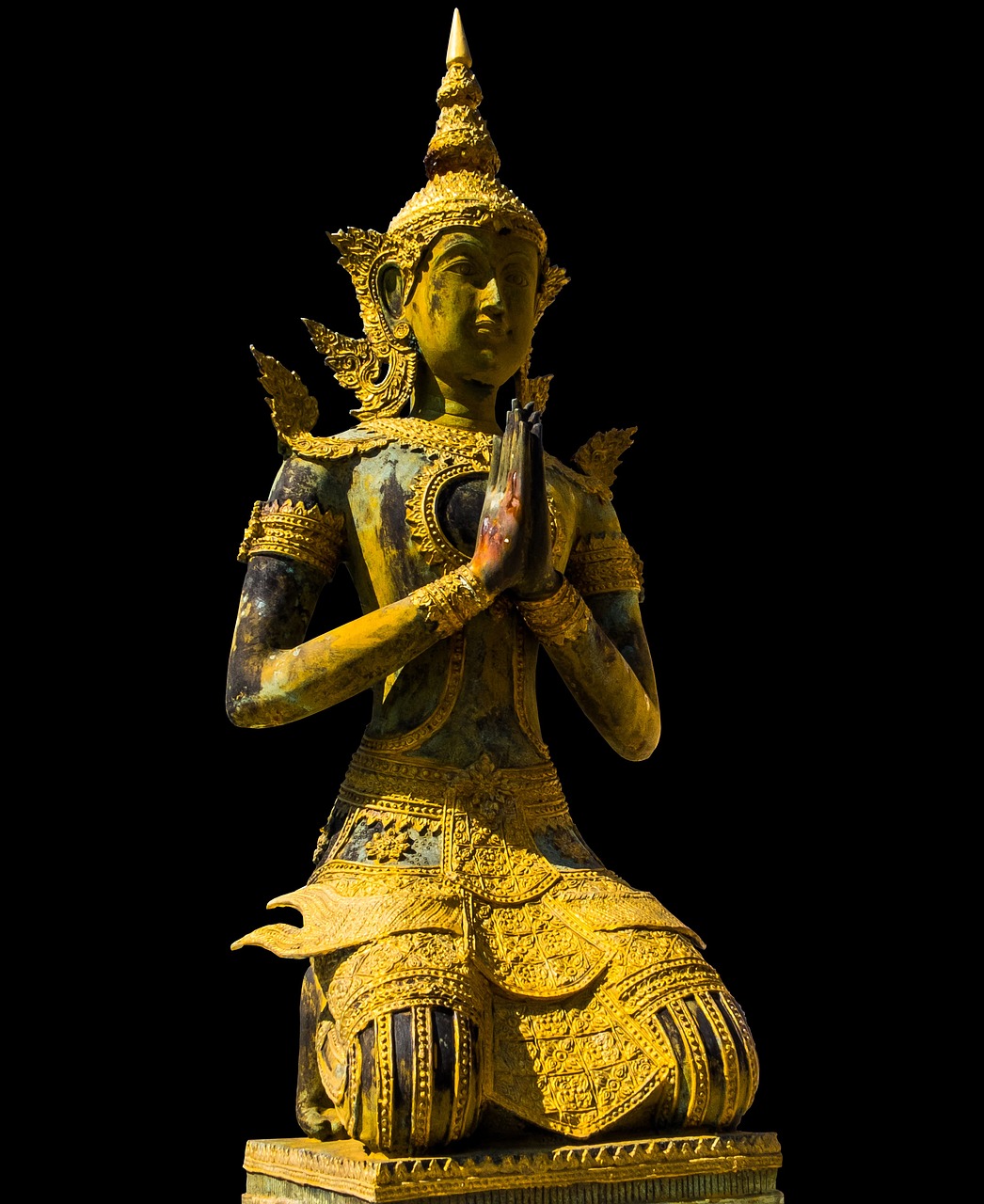Tag: Hou Tu
-
Exploring the Houshan Daoists and the Houtu Cult in Hebei Much of my previous work on local rituals has focused on the traditions found in Shanxi. However, the province of Hebei, which encircles Beijing, presents a rich opportunity for field studies that may not initially appear as captivating. It serves as a significant and fruitful…
-
At the point where the Yellow River meets the Fenhe River in Wanrong County lies the Houtu Temple, dedicated to the veneration and rituals associated with Houtu, the Earth Goddess, revered in Chinese tradition. Claimed to be the “oldest temple in the nation,” Houtu Temple symbolizes the very beginnings of Chinese identity and culture. It…
-
Hou Tu (后土), known as the “Lord of the Earth” or “Goddess of the Earth,” was a significant natural deity revered through state offerings until the close of imperial China. This goddess, also identified as Dizhi (地祗), served as a counterpart to the Great Unity (taiyi, 太一), which symbolized Heaven. Seasonal offerings to the earth…
-
At the meeting point of the Yellow River and the Fenhe River in Wanrong County lies the Houtu Temple, an ancestral site dedicated to the worship of Houtu, the Earth Goddess in Chinese mythology. Recognized as “the oldest temple in the nation,” Houtu Temple is a cornerstone of Chinese civilization and serves as a vital…
-
I truly appreciate your patience as I sift through images, and I must say that uncovering quality pictures of more obscure deities is quite the challenge. Before diving deeper into this topic, let’s take a moment to recognize the gods and goddesses who exist outside the traditional gender binary. Understanding Houtu as an Ambiguous Deity…
-
Hou Tu 后土, also recognized as the “Lord of the Earth” or “Goddess of the Earth,” was a revered natural deity whose worship persisted throughout the era of imperial China. This deity, referred to as Dizhi 地祗, served as a counterpart to the Great Unity (taiyi 太一), which symbolized Heaven. The customary offerings to this…






